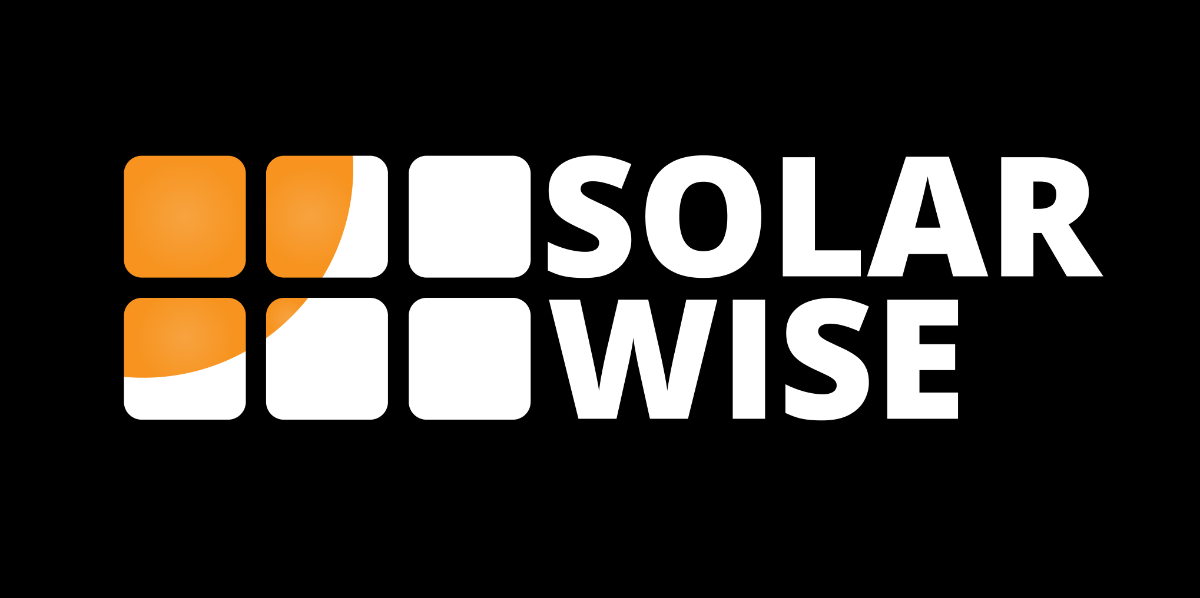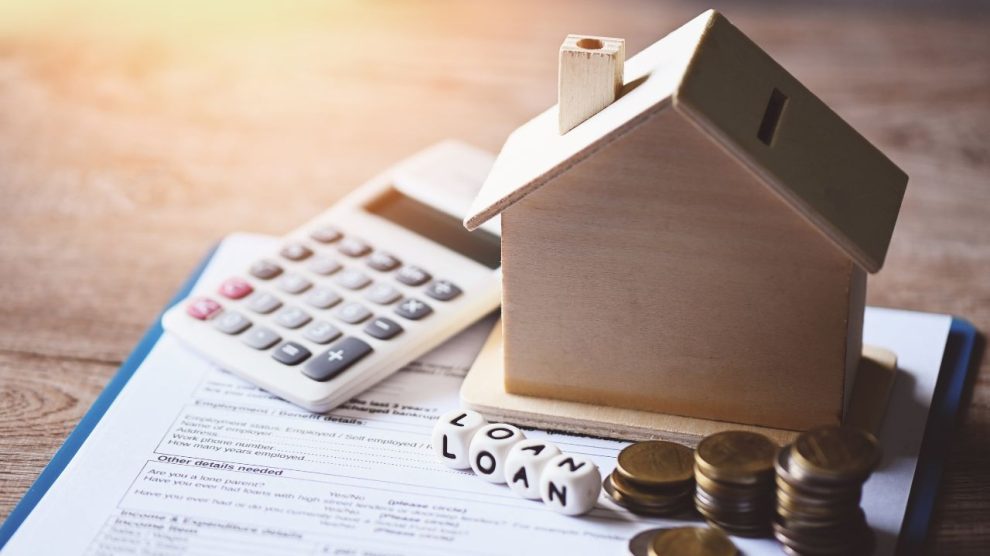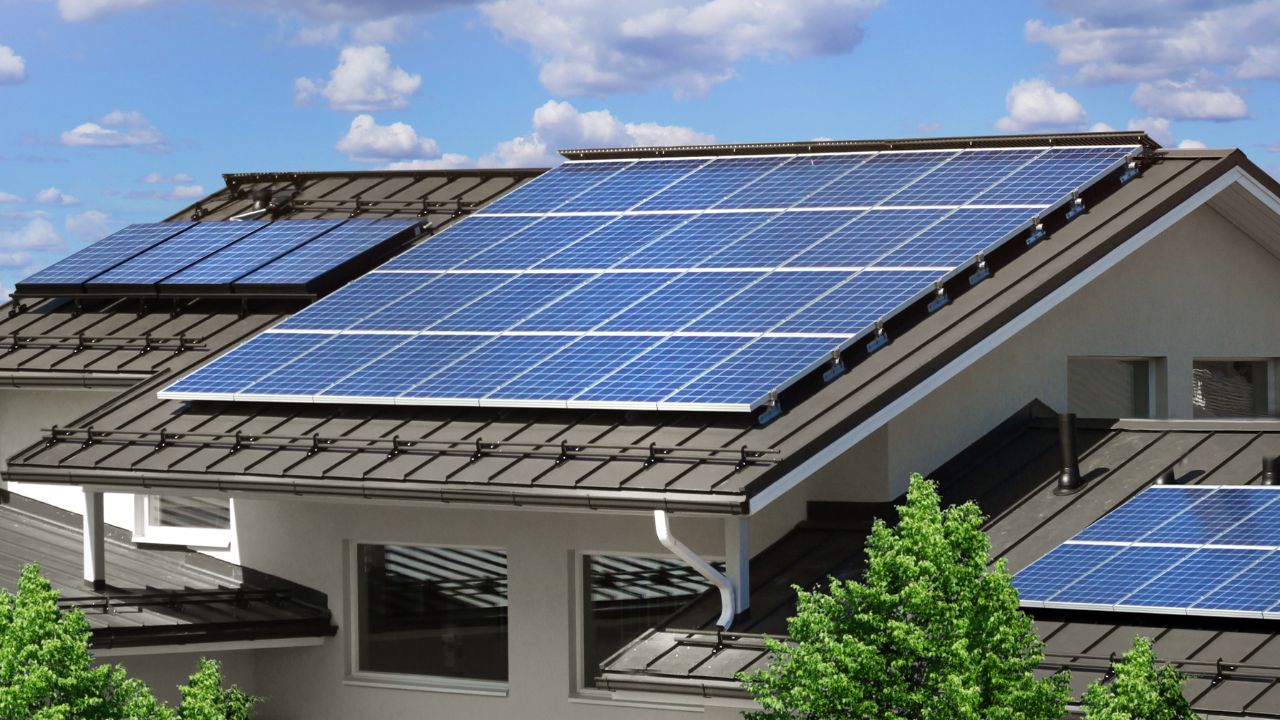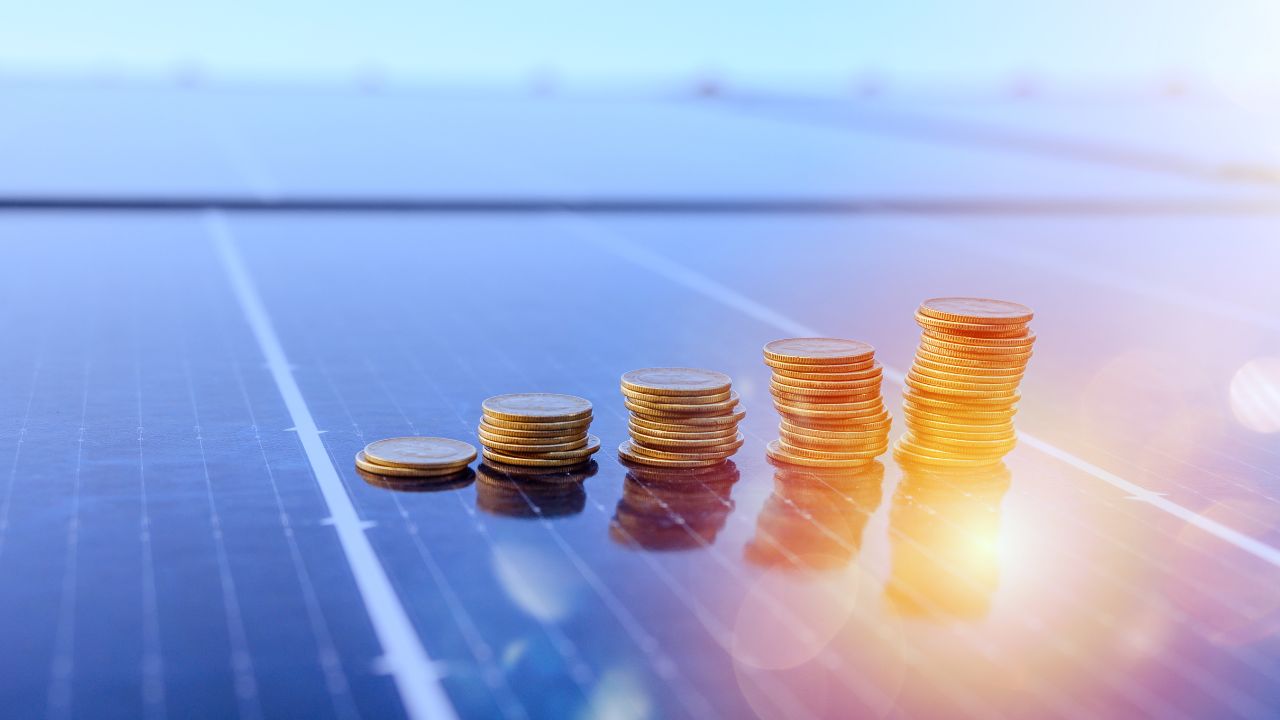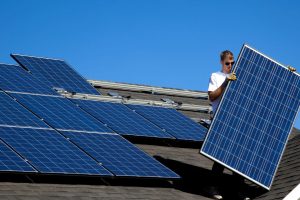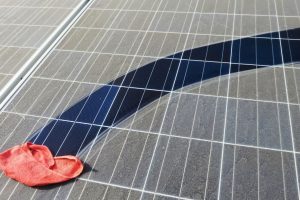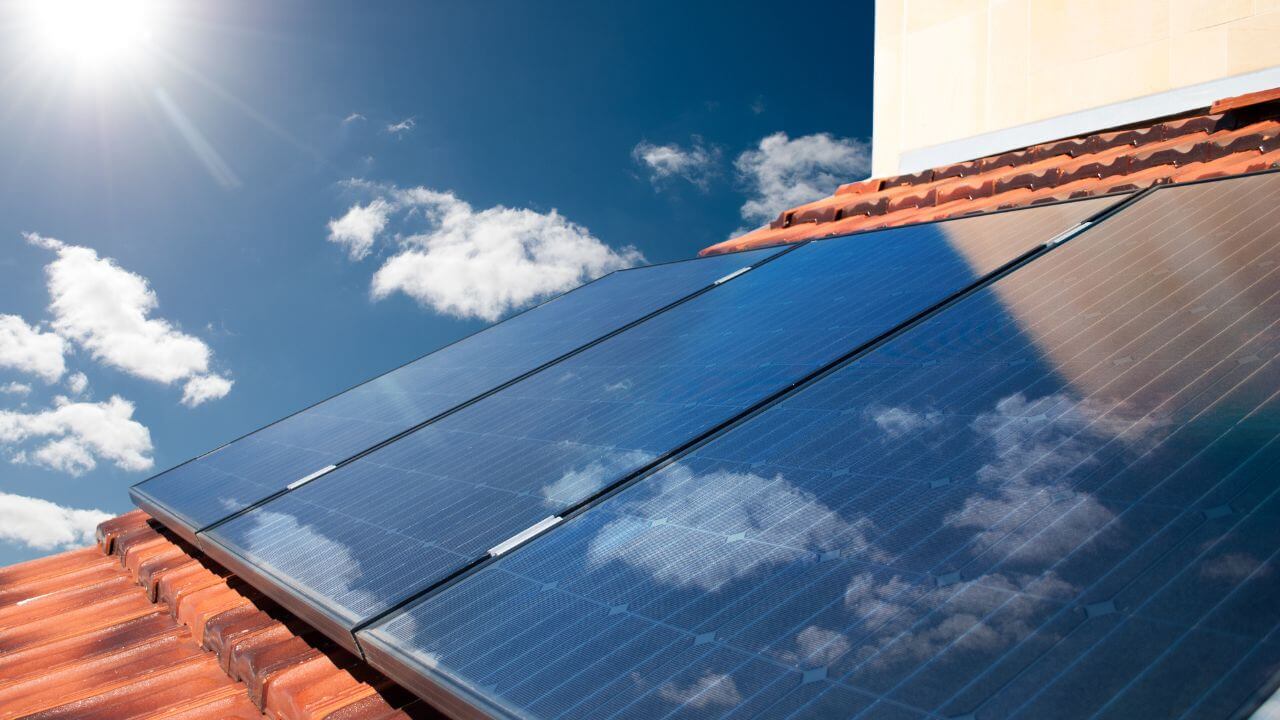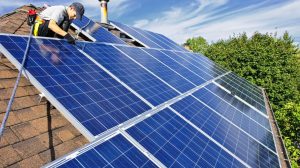As the trend towards renewable energy gains traction, many homeowners consider solar power a viable option to diminish their carbon footprint and save on electricity costs. Even though the prices of solar panels have decreased recently, the initial setup can be quite substantial. Here, solar loans step in as a solution, facilitating the distribution of the financial burden over time.
Understanding Solar Loans
A solar loan is a specialized type of personal loan formulated to assist individuals in covering the costs of solar panel installation in their residences. If you are keen on adopting solar power but find the initial costs prohibitive, a solar loan can be a fitting choice. Through this financial arrangement, you secure the necessary funds to initiate the installation and agree to repay it gradually, typically with an added interest. The repayment periods may vary but generally span between 5 and 20 years.
Factors that Affect Solar Loan Interest Rates
Credit Score
Your credit score serves as a reflection of your financial reliability. Essentially, this numerical representation, which ranges from 300 to 850, signifies your track record in repaying borrowed funds. A superior credit score enhances your chances of obtaining loans or credit cards with reduced interest rates. Factors such as timely bill payments, the extent of your debt, and your credit history length influence your credit score. A favorable credit score means you are likely to secure a loan with a more desirable interest rate.
Lender
In solar loans, the lender refers to the bank or organization facilitating the loan. Different lenders present varied interest rates and loan terms. Thus, exploring various options to land the most beneficial deal is prudent. Specific lenders focus on solar loans, boasting extensive experience in funding solar panel installations. Others might provide solar loans as a segment of their broader personal loan offerings. It is vital to evaluate aspects such as interest rates, loan durations, and the lender’s credibility and customer assistance while selecting a lender.
Loan Term
The loan term denotes the stipulated timeframe within which you are expected to settle the loan. Typically, the duration for solar loans oscillates between 5 and 20 years. It is imperative to understand that the length of your loan can influence the applicable interest rate. Generally, extended terms are associated with higher rates, whereas shorter durations attract lower rates. Opting for a brief loan term implies lesser interest accumulation, albeit with higher monthly remittances. Conversely, a prolonged term will lessen your monthly payouts but increment the total interest paid.
Down Payment
Fundamentally, a down payment is a preliminary payment made at the onset of a loan, which diminishes the overall borrowed amount. When it comes to solar loans, a hefty down payment might yield a lesser interest rate since it minimizes the lender’s risk. An upfront contribution towards the solar installation cost indicates your dedication and fiscal prudence, potentially leading to more favorable loan conditions.
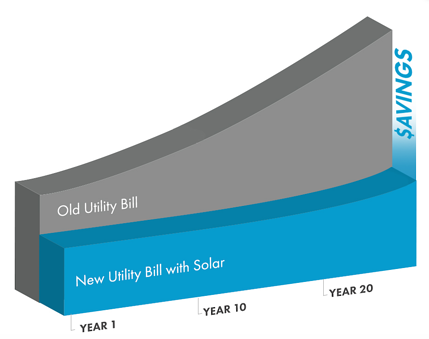
Credit: solar.com
Average Interest Rates for Solar Loans
The interest rates for solar loans generally fluctuate between 4.5% and 6.5%. Various factors, including your credit score, the lending institution, and the stipulated loan term influence these percentages. Interestingly, the interest rate on a solar loan tends to be less than that of credit cards or general personal loans, thereby making it a preferred choice for financing the procurement of solar panels. To procure the most beneficial interest rate, it is vital to maintain a robust credit score and analyze numerous lenders’ proposals before finalizing a choice. Remember that shorter loan durations might offer reduced interest rates but can lead to elevated monthly installments.
How to Get the Best Interest Rate on a Solar Loan
To lock in the most advantageous interest rate on a solar loan, prioritize enhancing your credit score since it plays a pivotal role in determining the rate you are offered. Make it a point to solicit quotations from a multitude of lenders to pinpoint the most competitive offer available and ponder over opting for a shorter loan term if feasible. While it’s true that shorter terms might necessitate bigger monthly outlays, they generally feature lower interest rates, thus saving you a substantial amount over the entire loan period. Adhering to these guidelines can aid you in obtaining a lucrative interest rate on your solar loan, thereby making the transition to solar power more economical and financially prudent.
Conclusion
In conclusion, transitioning to solar energy is not just a step towards adopting a greener and renewable energy source but could also be a financially astute decision. According to our discussion, solar loans’ interest rates can be quite diverse, depending on factors like your credit score, the lender’s conditions, and the economic climate. With interest rates ranging from 2.99% and potentially reaching 7.99% or more, you have ample choice to find a deal that fits your financial situation.
When contemplating acquiring a solar loan, conducting thorough research and evaluating various lending alternatives is wise. Remember, securing a loan with a lower interest rate implies significant savings over time. Seeking guidance from financial experts can be beneficial as they can help navigate you toward choices that best suit your financial situation.
Moreover, it’s advisable to stay informed about any available incentives, discounts, or tax credits that might be present in your locale. These perks can considerably alleviate the upfront expenses of setting up a solar infrastructure and lessen the impact of the loan’s interest rate.
With ongoing advancements in solar technology, it is anticipated that the coming years will unveil more accessible and cost-effective options. Investing in solar energy transcends being just a financial decision affecting your home or business; it’s a commitment to fostering a sustainable and eco-friendly future.
We appreciate your time and interest in exploring the financial nuances of embracing solar energy. Remember, opting for solar is not merely a gesture towards safeguarding our environment, but it also holds the potential to be a reasonable financial choice with fruitful outcomes in the long haul. Let’s collectively continue to promote the manifold advantages of solar energy, advancing one panel at a time!
